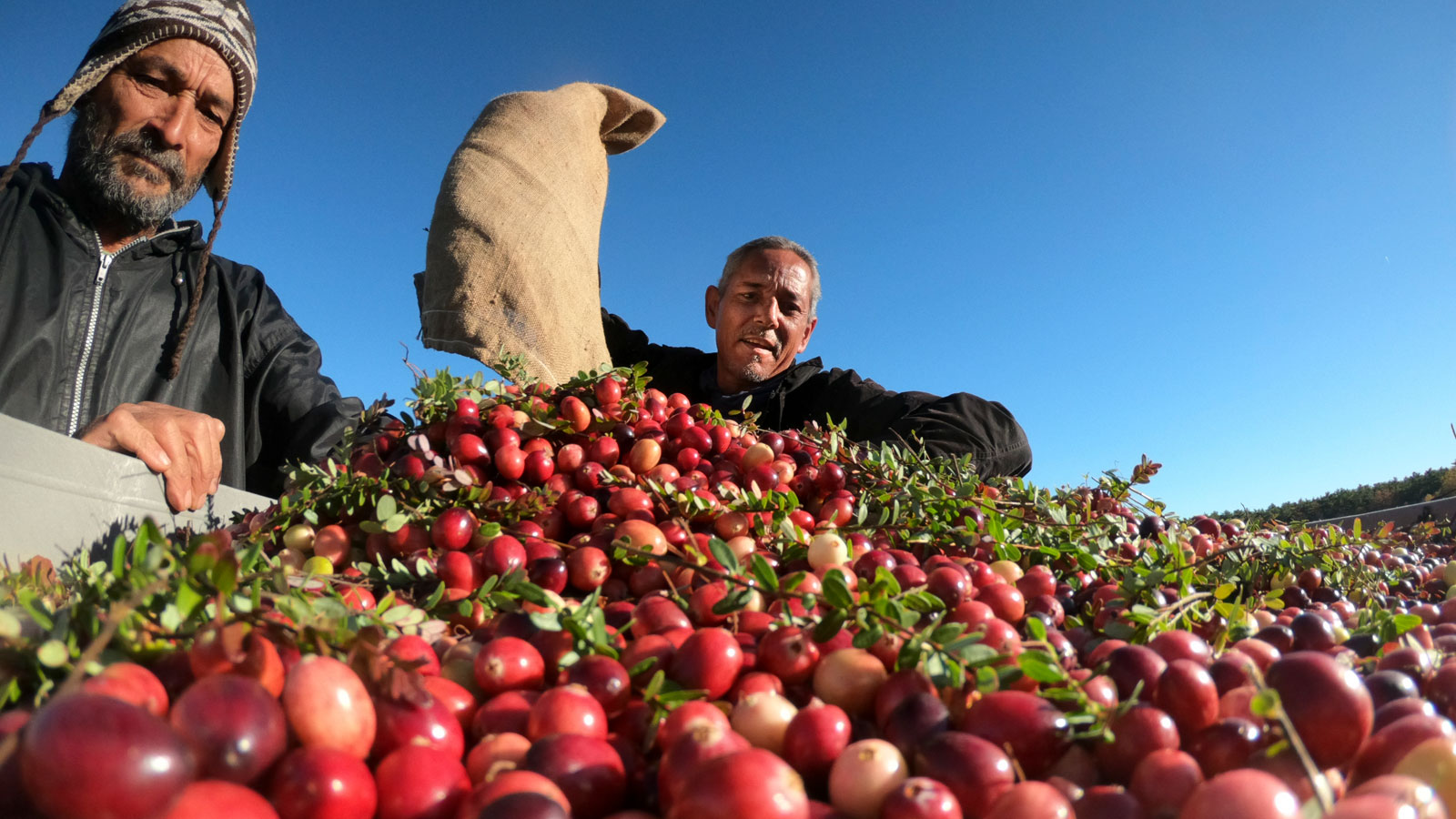Dawn Gates-Allen is a fourth-generation cranberry farmer in Freetown, Massachusetts.
“I was basically born and raised growing cranberries,” she says.
But global warming increases risks to the family business.
For example, cranberry plants go dormant in winter. This cold period is critical to their growth the following season, so shorter, warmer winters can reduce yields.
And more erratic precipitation can threaten harvests. Massachusetts is seeing more heavy rains with longer dry spells in between.
Excessive moisture can cause the fruit to rot. And periods of drought can make harvesting difficult because cranberry growers typically flood their bogs and gather the ripe berries that float to the top.
Gates-Allen says her farm encountered dry conditions in 2020.
“We didn’t have enough adequate water to do those deep floods that everybody is familiar with, with those iconic commercials,” she says.
To respond to these changes, Gates-Allen and other farmers often share and reuse the water they need for harvesting. And her farm is experimenting with new cranberry varieties that may yield more berries on fewer acres, so less water is needed for harvest.
By working hard to adapt, she hopes to keep her family’s business thriving.
Reporting credit: Sarah Kennedy/ChavoBart Digital Media


